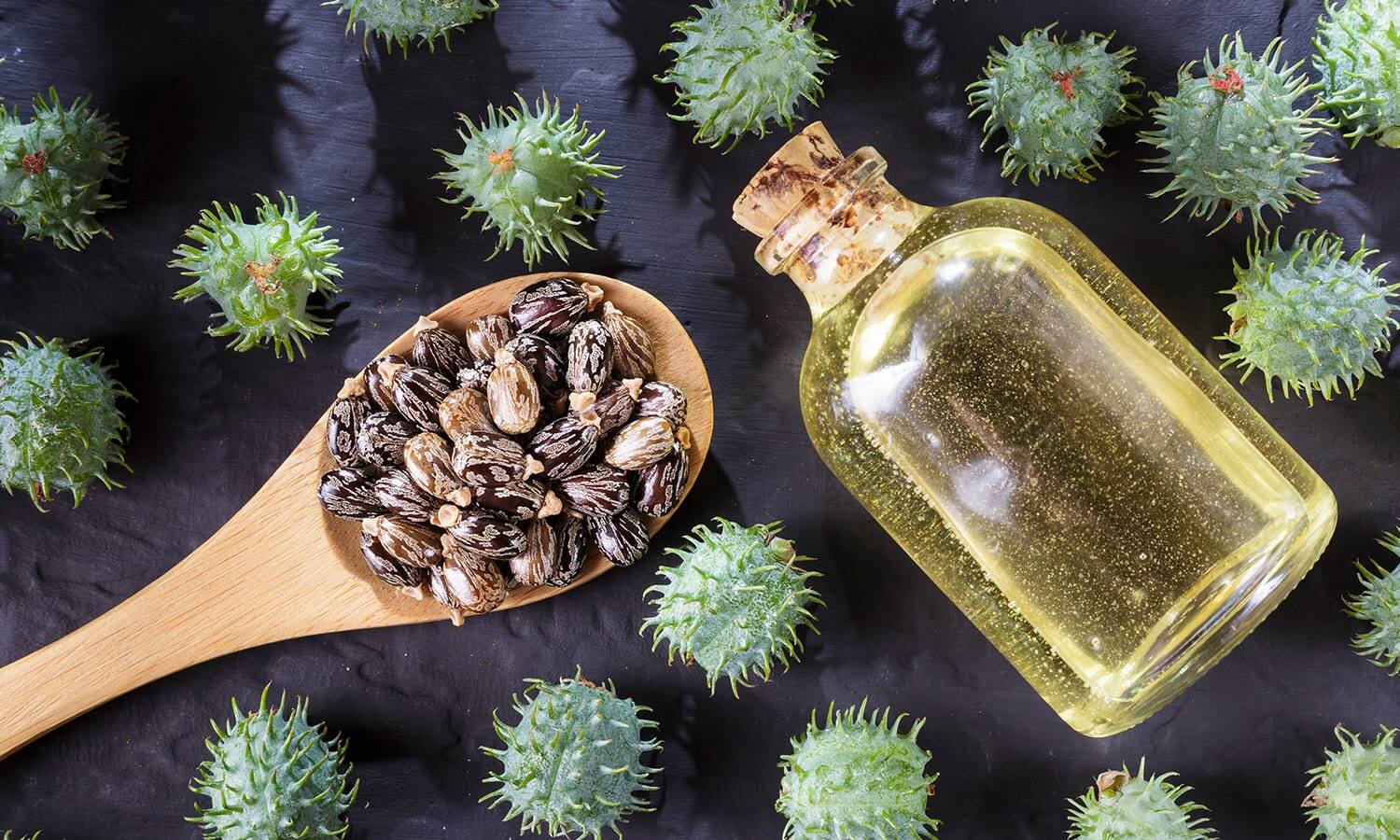

Articles
How To Store Castor Oil
Modified: May 6, 2024
Discover the best way to store castor oil with our informative articles. Ensure your castor oil remains fresh and effective for all your needs.
(Many of the links in this article redirect to a specific reviewed product. Your purchase of these products through affiliate links helps to generate commission for Storables.com, at no extra cost. Learn more)
Introduction
Castor oil is a versatile and widely used oil known for its numerous benefits and applications. From promoting hair growth to soothing skin ailments, castor oil has gained popularity in the beauty and healthcare industry. However, like any other oil, proper storage is essential to maintain its quality and prolong its shelf life.
In this article, we will explore why proper storage of castor oil is important and discuss the factors to consider before storing it. We will also provide you with valuable tips on choosing the right storage container, finding the best locations for storing castor oil, and protecting it from light and air. Moreover, we will share some useful advice on extending the shelf life of castor oil and checking for any signs of spoilage. Lastly, we will guide you on the proper disposal of expired castor oil.
Whether you are a regular user of castor oil or keep it handy for occasional use, understanding how to store it correctly will ensure that you always have a fresh and effective supply on hand. So let’s dive in and learn more about the art of storing castor oil!
Key Takeaways:
- Proper storage of castor oil is crucial to maintain its quality, potency, and efficacy. Factors such as the choice of storage container, ideal storage locations, and protection from light and air exposure play a vital role in preserving the oil’s beneficial properties.
- When storing castor oil, consider temperature and humidity factors, and follow tips to extend its shelf life. Regularly check for signs of spoilage and ensure proper disposal of expired oil to minimize environmental impact.
Read more: How To Store Oil
Why Proper Storage of Castor Oil is Important
Proper storage of castor oil is crucial to maintain its quality and efficacy over time. Here are a few reasons why it is essential to store castor oil correctly:
- Prolongs Shelf Life: Castor oil, like any natural oil, is susceptible to degradation over time. Exposure to factors such as light, air, and heat can cause the oil to oxidize, leading to a decrease in its quality and effectiveness. By storing castor oil properly, you can significantly extend its shelf life and maximize its potency.
- Preserves Nutritional Value: Castor oil is rich in essential nutrients, including fatty acids and vitamins, which contribute to its various health benefits. However, improper storage can result in nutrient loss. To ensure that you receive the full nutritional value of castor oil, it is essential to store it in the right conditions.
- Maintains Therapeutic Properties: Castor oil is widely used for its therapeutic properties, including its anti-inflammatory and antimicrobial effects. However, exposure to unfavorable storage conditions can diminish these properties, rendering the oil less effective. Proper storage ensures that the therapeutic properties of castor oil remain intact.
- Prevents Contamination: Castor oil is vulnerable to contamination if not stored properly. Exposure to air, moisture, and microorganisms can lead to bacterial growth and spoilage. By storing castor oil in airtight containers and in the right environments, you can prevent contamination and maintain the oil’s purity.
By taking the time to store castor oil correctly, you can ensure that it remains fresh, potent, and effective for an extended period. The next section will discuss the factors to consider before storing castor oil, which will help you understand the requirements for its proper storage.
Factors to Consider Before Storing Castor Oil
Before you store castor oil, it’s important to consider a few factors that can affect the oil’s quality and longevity. By understanding these factors, you can make informed decisions about the storage conditions for your castor oil. Here are some key considerations:
- Quality of the Oil: Start by ensuring that you have high-quality castor oil. Look for reputable brands or suppliers that offer pure, cold-pressed castor oil. High-quality oil is less likely to spoil quickly and will retain its beneficial properties for longer.
- Expiry Date: Check the expiry date of the castor oil before storing it. Using expired oil can lead to adverse effects, as the oil may have undergone degradation. It’s advisable to purchase castor oil with a longer shelf life, especially if you plan to use it over an extended period.
- Storage Container: The type of container you choose for storing castor oil is crucial. Opt for dark-colored glass or opaque plastic bottles that block out light. Avoid storing castor oil in clear containers, as exposure to light can degrade the oil. Additionally, ensure the bottle is airtight to prevent air and moisture from entering.
- Storage Location: Find a suitable location for storing your castor oil. Avoid areas that are prone to extreme temperature fluctuations or excessive heat, such as near windows or stoves. Ideally, store the oil in a cool, dry place away from direct sunlight to maintain its quality.
- Temperature and Humidity: Castor oil is sensitive to temperature and humidity. Aim for a storage temperature between 50-77°F (10-25°C). Extreme heat can break down the oil, while excessive cold can cause it to solidify. Additionally, make sure the storage area has moderate humidity levels to prevent moisture accumulation.
By considering these factors, you can lay the foundation for proper castor oil storage. In the next section, we will delve deeper into choosing the right storage container for your castor oil.
How to Choose the Right Storage Container
Choosing the right storage container is essential to protect your castor oil from light, air, and moisture. Here are some factors to consider when selecting a container for storing your castor oil:
- Material: Opt for dark-colored glass or opaque plastic containers. These materials provide protection against light and help preserve the oil’s quality. Avoid clear glass bottles, as they allow light to penetrate and can degrade the oil over time.
- Size: Consider the amount of castor oil you want to store and choose a container size accordingly. Smaller containers are ideal for personal use, while larger containers are suitable if you plan to store a bulk supply of castor oil.
- Airtight: Ensure that the container has a tight-sealing lid or cap to prevent air and moisture from entering. This will help maintain the freshness and integrity of the castor oil for a longer period.
- Chemical resistance: Check that the container material is resistant to chemicals. Castor oil is known for its strong properties and may react with certain plastics. Make sure the container you choose is suitable for storing oils without any risk of leaching or contamination.
- Labeling: Consider containers that provide a space for labeling. By labeling your castor oil containers, you can easily identify the oil and keep track of its expiration date, ensuring you use it before it goes bad.
Remember to thoroughly clean and dry the container before transferring the castor oil. This will help minimize the risk of any contaminants entering the oil and maintain its purity.
Now that you know how to choose the right storage container, let’s move on to discover the best locations for storing castor oil in the next section.
Best Locations for Storing Castor Oil
Finding the best location for storing your castor oil is crucial to maintain its quality and efficacy. Here are some ideal locations to consider:
- Cool and Dark Pantry: A cool and dark pantry or cupboard is an excellent location for storing castor oil. Make sure the area is away from direct sunlight, as exposure to light can degrade the oil. Maintaining a consistent temperature and keeping the oil in a dark space preserve its quality.
- Bathroom Cabinet: If you use castor oil primarily for skincare or haircare purposes, keeping it in a bathroom cabinet can be convenient. However, ensure the cabinet is away from the shower or bathtub to avoid excessive moisture. The bathroom generally tends to have higher humidity levels, so be mindful of any moisture-related issues.
- Refrigerator: If you live in a hot and humid climate, consider storing your castor oil in the refrigerator. This will help protect the oil from exposure to heat and maintain a lower temperature. However, be aware that refrigerated castor oil may solidify, so you may need to allow it to reach room temperature before use.
- Drawer or Box: If you have limited space or prefer to keep your castor oil discreetly stored, consider placing it in a drawer or a box. Ensure the drawer or box is in a cool area of your home and away from any potential sources of heat or direct sunlight.
Ultimately, the best location for storing castor oil is one that meets the criteria of cool, dark, and dry while being easily accessible. By storing castor oil in optimal conditions, you can extend its shelf life and preserve its quality.
In the next section, we will discuss the temperature and humidity considerations for storing castor oil.
Read more: How Long For Castor Beans To Germinate
Temperature and Humidity Considerations
When it comes to storing castor oil, temperature and humidity play a crucial role in maintaining its quality and effectiveness. Here are the key temperature and humidity considerations:
- Temperature Range: Castor oil is sensitive to temperature fluctuations. It is best to store it in a location with a consistent temperature between 50-77°F (10-25°C). Extreme heat can cause the oil to deteriorate, while extreme cold can result in the oil solidifying. Avoid storing castor oil near sources of heat, such as radiators or stoves, which can accelerate degradation.
- Humidity Levels: High humidity can lead to moisture accumulation, which can affect the quality of castor oil. Aim for a moderate humidity level in the storage area. Excessive moisture can lead to spoilage, mold growth, or rancidity of the oil. Avoid storing castor oil in areas prone to humidity, such as basements or areas with high moisture content.
- Consistency: It is crucial to maintain a consistent temperature and humidity level to avoid any drastic changes that could affect the quality of the castor oil. Rapid changes in temperature or humidity can cause condensation inside the container, compromising the oil’s integrity.
- Avoid Refrigerator Condensation: While refrigeration can help preserve castor oil in hot climates, be careful of condensation. When you take the oil out of the refrigerator and expose it to warmer temperatures, condensation may form inside the container. To avoid this, allow the castor oil to reach room temperature before opening it.
By considering temperature and humidity factors, you can create optimal storage conditions for your castor oil, ensuring its long-lasting freshness and effectiveness. Up next, we will discuss how to protect castor oil from light and air exposure.
Store castor oil in a cool, dark place away from direct sunlight and heat sources. Make sure the container is tightly sealed to prevent oxidation and degradation of the oil.
Protecting Castor Oil from Light and Air
Protecting castor oil from light and air exposure is crucial to maintaining its quality and preventing oxidation. Here are some tips to help you preserve the integrity of your castor oil:
- Choose Dark-Colored Containers: Opt for dark-colored glass bottles or opaque plastic containers to store castor oil. These materials help block out light and protect the oil from UV rays. Avoid clear containers, as they allow light to penetrate and degrade the oil.
- Avoid Transparent Containers: Transparent containers can expose castor oil to direct light, which can lead to oxidation and a decrease in its quality. Always store castor oil in opaque containers that prevent light from reaching the oil.
- Seal the Containers Properly: Ensure that the storage containers for castor oil have tight-sealing lids or caps. This will prevent air from entering the container and minimize the risk of oxidation. Airtight containers help maintain the freshness of the oil for a longer period.
- Store in a Dark Place: Find a dark storage location for your castor oil, away from direct sunlight. Sunlight can cause the oil to degrade rapidly and lose its beneficial properties. A cool and dark pantry or cabinet is an ideal spot for storing castor oil.
- Avoid Exposure to Air: Limit the exposure of castor oil to air, as it can cause oxidation and spoil the oil. When using the oil, pour out the necessary amount and promptly seal the container. Avoid leaving the container open for an extended period.
- Minimize Opening the Container: Every time you open the container, air enters and increases the chances of oxidation. To preserve the quality of the oil, try to minimize opening the container unnecessarily. Instead, use a separate small dropper bottle to dispense smaller amounts of oil on a regular basis.
By taking these steps to protect your castor oil from light and air exposure, you can ensure its longevity and retain its valuable properties for an extended period. In the next section, we will share tips on how to extend the shelf life of castor oil.
Tips for Extending the Shelf Life of Castor Oil
To maximize the shelf life of your castor oil and keep it fresh for as long as possible, consider the following tips:
- Store in a Cool Environment: Keep castor oil in a cool location away from heat sources and direct sunlight. High temperatures can accelerate the oil’s degradation, while cool environments help slow down the oxidation process.
- Avoid Moisture: Moisture can promote bacterial growth and spoil the oil. Ensure that the storage area is dry and free from excessive humidity. Keep the bottle tightly sealed to prevent any moisture from entering.
- Avoid Contamination: When using castor oil, be cautious about introducing contaminants into the bottle. Ensure your hands and any utensils used for dispensing the oil are clean and dry to prevent bacterial contamination.
- Use Separate Dropper Bottles: If you frequently use castor oil, consider transferring a smaller amount into a separate dropper bottle. This helps minimize the exposure of the main bottle to air and potential contaminants, extending its shelf life.
- Keep Away from Oxygen: Oxygen can contribute to the oxidation process of castor oil. To minimize contact with oxygen, always ensure that the storage container is tightly sealed after each use. Avoid leaving the bottle open for an extended period.
- Check for Signs of Spoilage: Regularly inspect your castor oil for any signs of spoilage. These may include a rancid odor, unusual color changes, or the development of mold or bacteria. If you notice any of these signs, it is best to discard the oil.
- Avoid Cross-Contamination: Be cautious not to mix different oils or substances with your castor oil. Cross-contamination can introduce contaminants and potentially affect the quality and shelf life of the oil.
By following these tips, you can prolong the shelf life of your castor oil, ensuring that it remains fresh and effective for your various uses.
In the next section, we will discuss how to check if your castor oil has spoiled and the proper disposal methods for expired oil.
Checking Castor Oil for Spoilage
It’s important to periodically check your castor oil for any signs of spoilage to ensure its quality and safety. Here are a few indicators to look for when checking castor oil for spoilage:
- Odor: Castor oil typically has a mild, nutty scent. If you notice a rancid or foul odor coming from the oil, it’s a sign that it may have spoiled.
- Appearance: Inspect the oil for any unusual color changes. Fresh castor oil is usually transparent or slightly yellowish. Any noticeable discoloration, such as a darker or cloudy appearance, may indicate spoilage.
- Consistency: Fresh castor oil has a smooth and slightly thick texture. If you observe clumps, separation, or a thickening of the oil, it could be a sign of spoilage.
- Growth of Mold or Bacteria: Check for any signs of mold or bacterial growth in the bottle. This can manifest as visible patches or floating particles in the oil. If you spot any growth, it is best to discard the oil.
If your castor oil shows any of these signs of spoilage, it is advisable to discontinue its use. Using spoiled oil can lead to adverse effects on your skin or hair and may not provide the desired benefits.
Properly disposing of expired castor oil is essential to prevent any potential harm and environmental contamination. The next section will guide you on the proper disposal methods for expired castor oil.
Read more: How To Store Essential Oils
Proper Disposal of Expired Castor Oil
When castor oil reaches its expiration date or shows signs of spoilage, it is important to dispose of it properly to ensure minimal environmental impact. Here are some guidelines for the proper disposal of expired castor oil:
- Check Local Regulations: Before disposing of castor oil, familiarize yourself with the regulations in your local area regarding the disposal of oils and hazardous waste. Different areas may have specific guidelines, so make sure to follow them accordingly.
- Mix with an Absorbent Material: To safely dispose of expired castor oil, you can mix it with an absorbent material such as kitty litter, sawdust, or shredded paper. This helps solidify the oil and reduce the risk of leakage or spills.
- Use Sealed Containers: Place the mixture of expired castor oil and absorbent material in a sealed container to prevent leakage. Ensure the container is labeled as “Expired Castor Oil” to avoid confusion with other substances.
- Consult Local Collection Centers: Check if there are local collection centers or recycling facilities that accept used oils. These centers may have specific protocols for accepting expired castor oil. Contact them to inquire about their procedures for disposal.
- Do Not Pour Down Drains or Toilets: Never pour expired castor oil down drains or toilets as it can cause clogs and lead to environmental contamination.
- Alternative Uses: If the castor oil is still in good condition but has simply expired, consider reusing it for alternative purposes such as lubrication or as an ingredient in homemade soaps or candles. However, do not use expired oil for any applications related to personal care or consumption.
- Seek Professional Help: If you have a sizable amount of expired castor oil or are unsure about the proper disposal methods, contact professional waste disposal services. They can advise you on the best course of action and handle the proper disposal on your behalf.
By following these disposal guidelines, you can ensure that expired castor oil is disposed of responsibly, minimizing any potential harm to the environment.
Now that you understand the proper disposal process, let’s conclude our discussion on storing castor oil.
Conclusion
Properly storing castor oil is essential to maintain its quality, potency, and efficacy. By considering factors such as the quality of the oil, the choice of storage container, and the ideal locations for storage, you can ensure that your castor oil remains fresh and effective over an extended period.
Protecting castor oil from light and air exposure helps preserve its beneficial properties, while temperature and humidity considerations prevent degradation and spoilage. Regularly checking castor oil for signs of spoilage ensures that you are using a safe and effective product.
When it comes to disposal, it is important to follow local regulations and guidelines to minimize environmental impact. Mixing the expired oil with absorbent materials, using sealed containers, and consulting local collection centers are some disposal options to consider.
Remember, always prioritize safety and adhere to proper storage and disposal practices. By doing so, you can enjoy the benefits of castor oil for various purposes, whether it be in skincare, haircare, or other applications.
Now that you have a comprehensive understanding of how to store castor oil correctly, you can confidently maintain the quality and longevity of your castor oil supply. So go ahead and store your castor oil with care, ensuring that you always have a fresh and effective product at your disposal.
Now that you've mastered storing castor oil, why not tackle another common household challenge? If you're fed up with uninvited cockroaches, our next article offers effective, non-toxic strategies to keep your home pest-free. Learn about simple, natural remedies that can safeguard your living spaces without resorting to harsh chemicals. Perfect for those seeking safer, eco-friendly options, these tips will help you maintain a clean and healthy environment. Ready to reclaim your peace of mind from these pesky intruders? Check out our guide on managing cockroach problems naturally.
Frequently Asked Questions about How To Store Castor Oil
Was this page helpful?
At Storables.com, we guarantee accurate and reliable information. Our content, validated by Expert Board Contributors, is crafted following stringent Editorial Policies. We're committed to providing you with well-researched, expert-backed insights for all your informational needs.

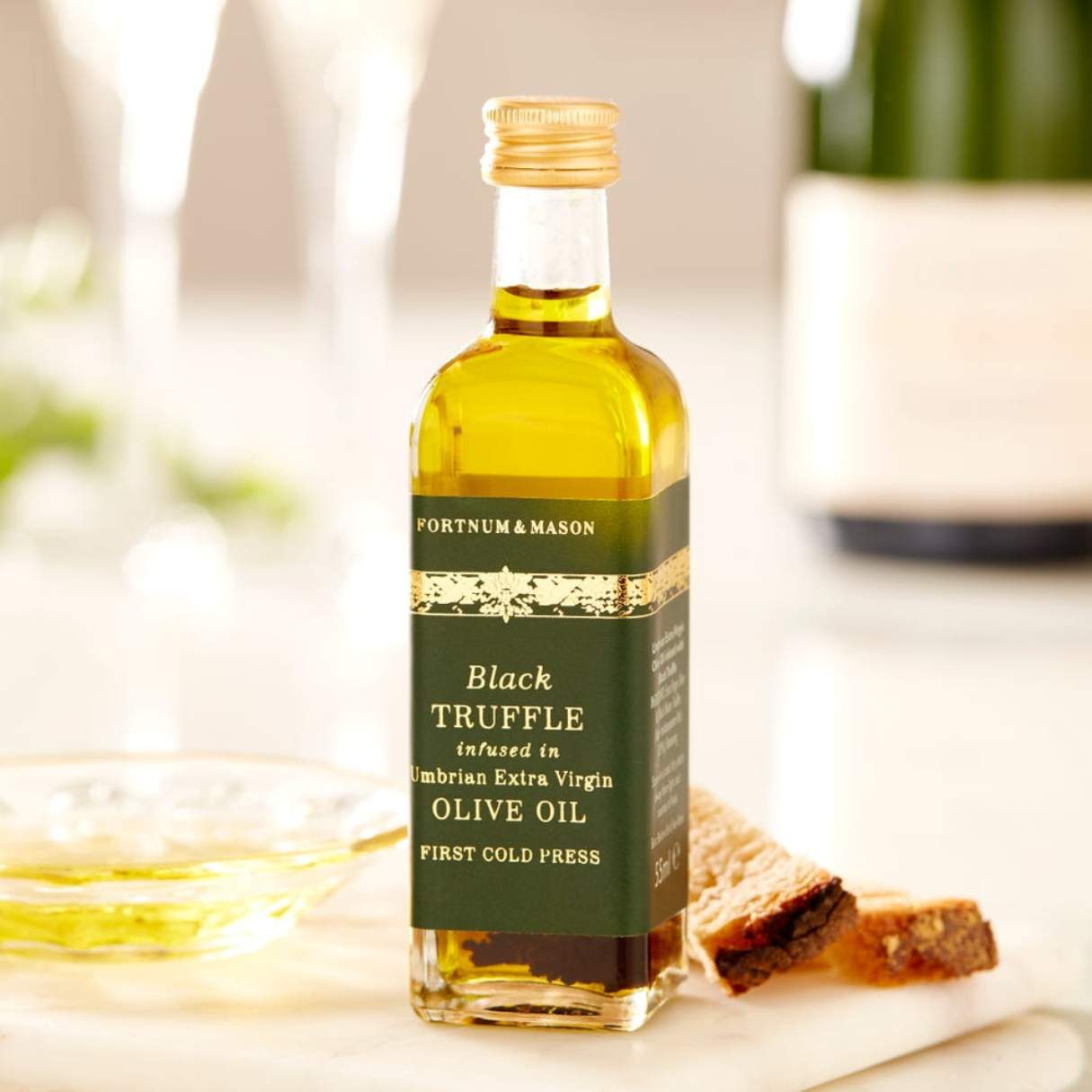


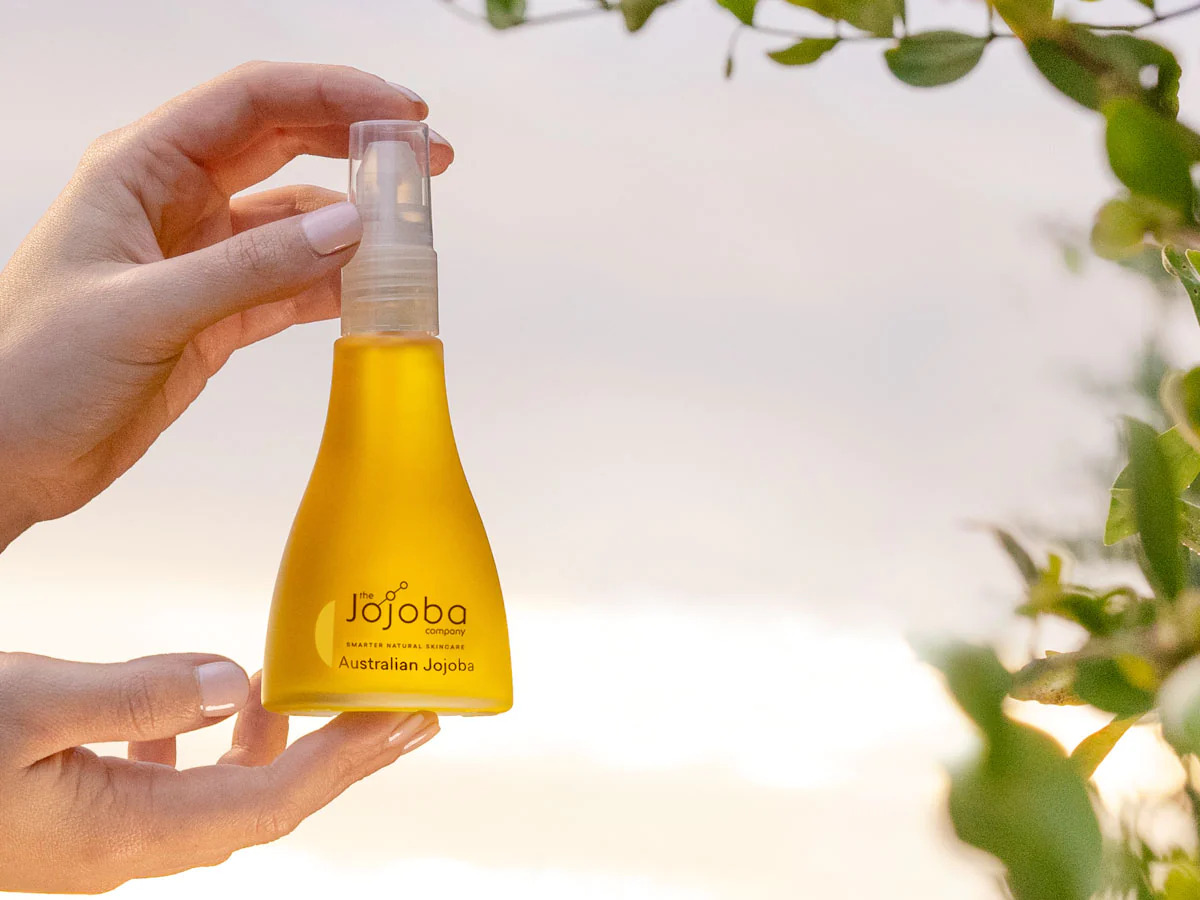
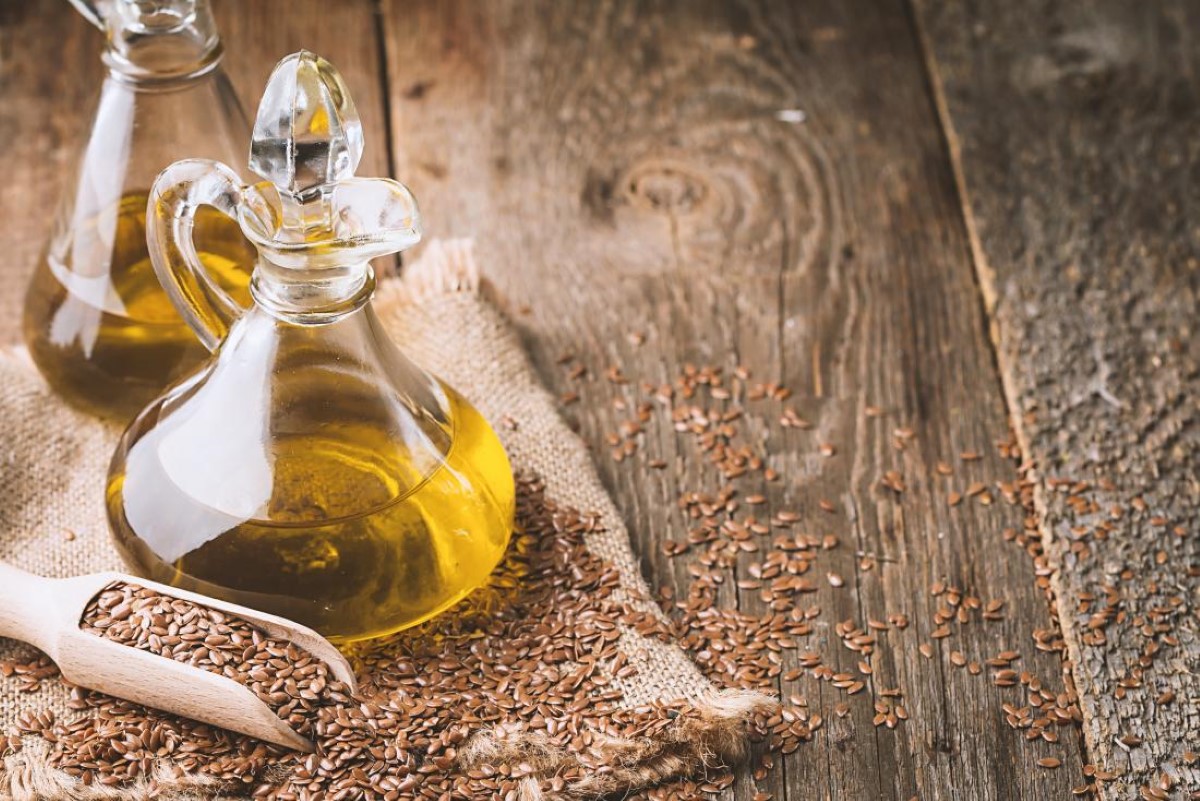
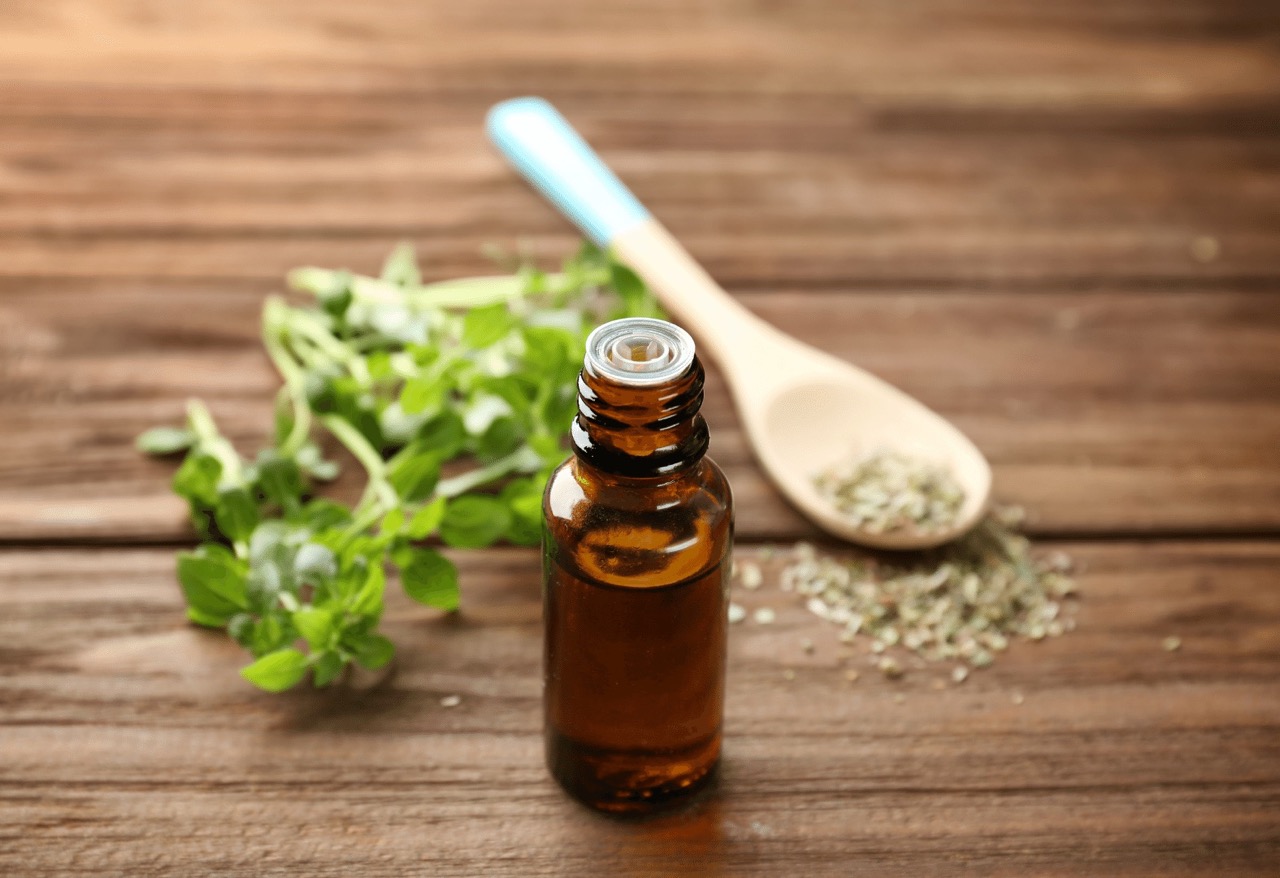

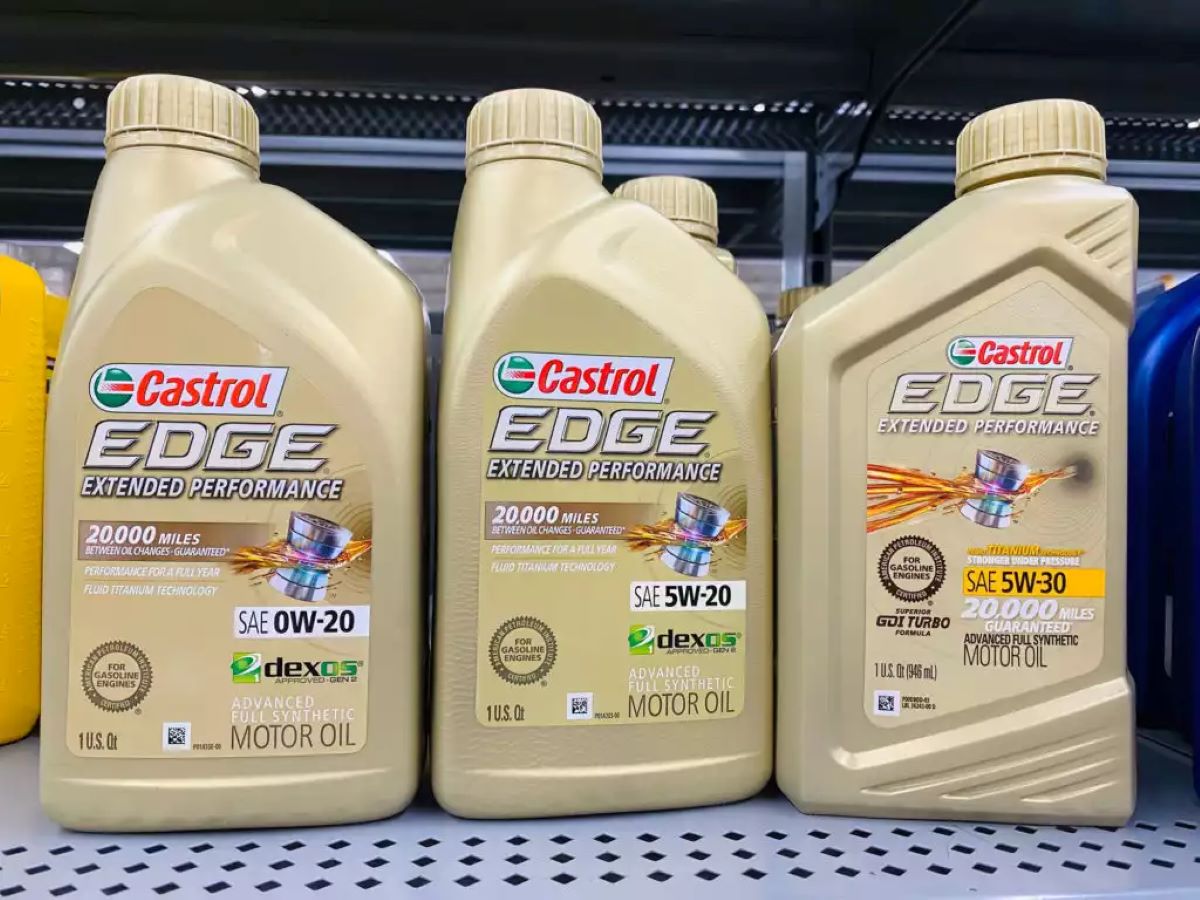
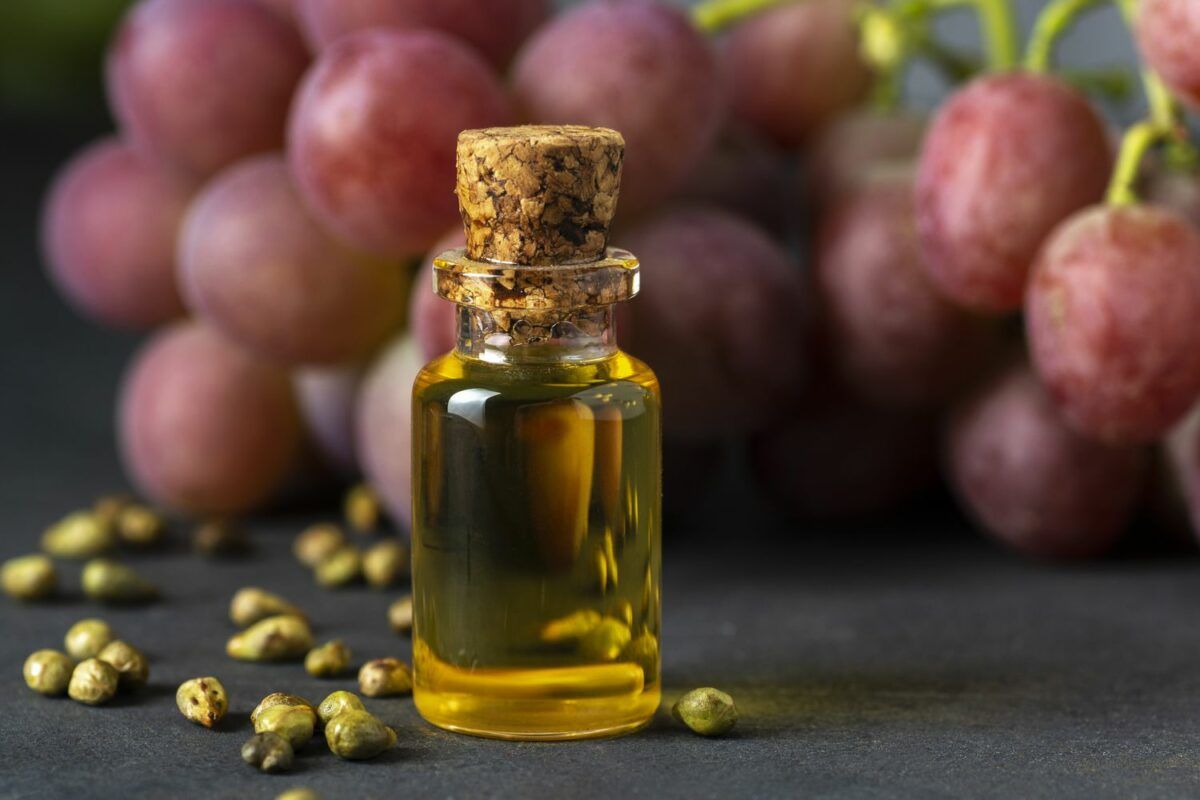
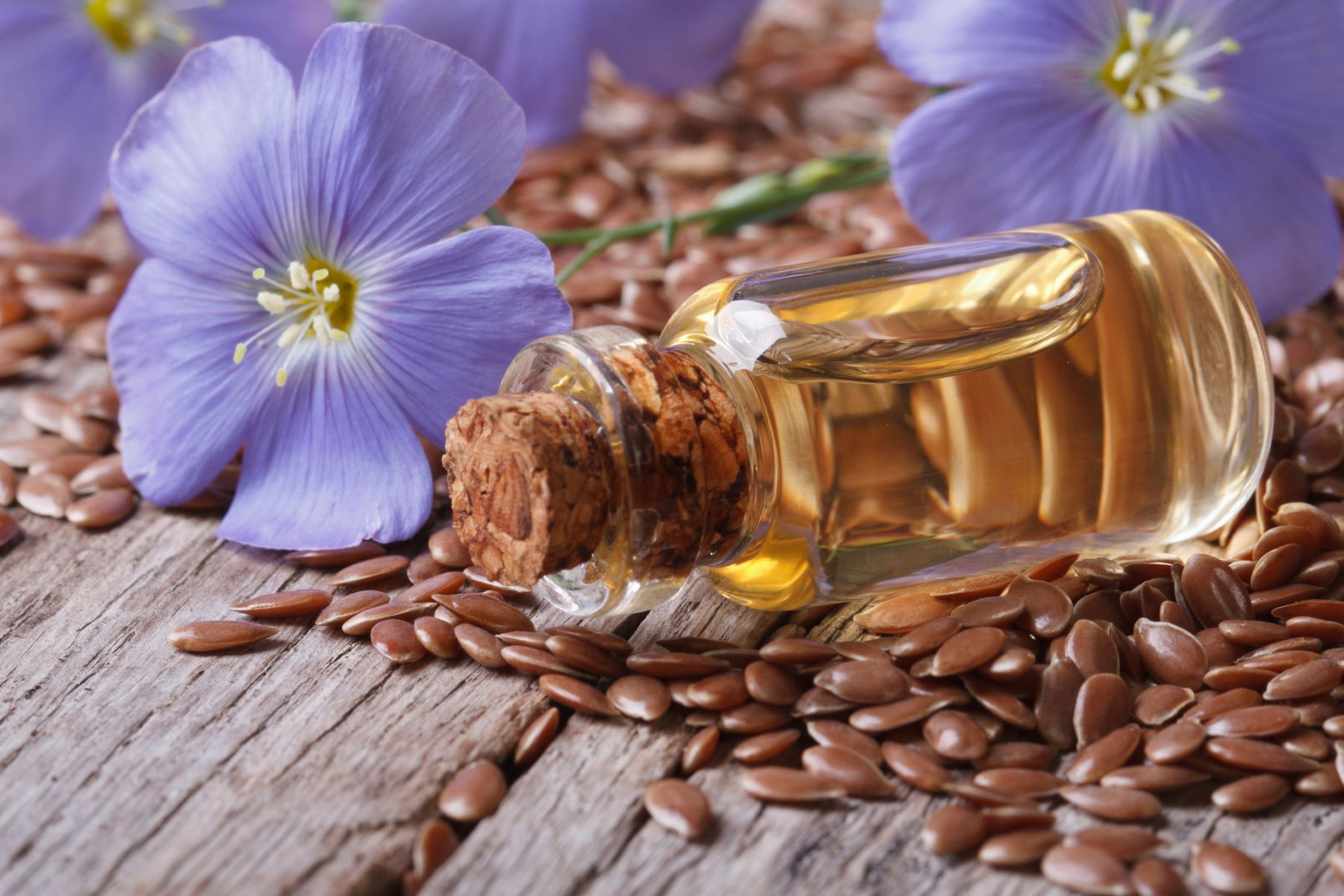
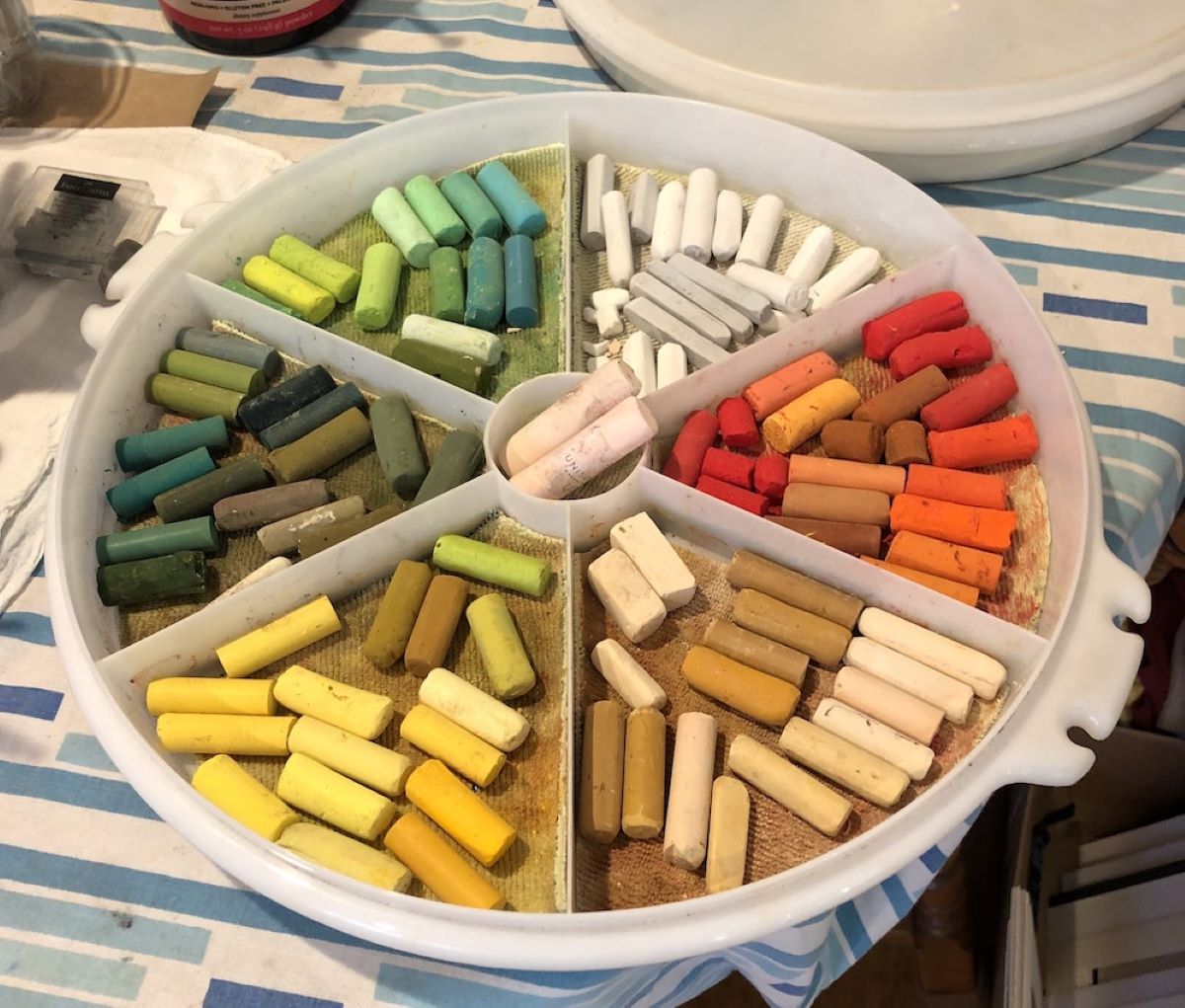
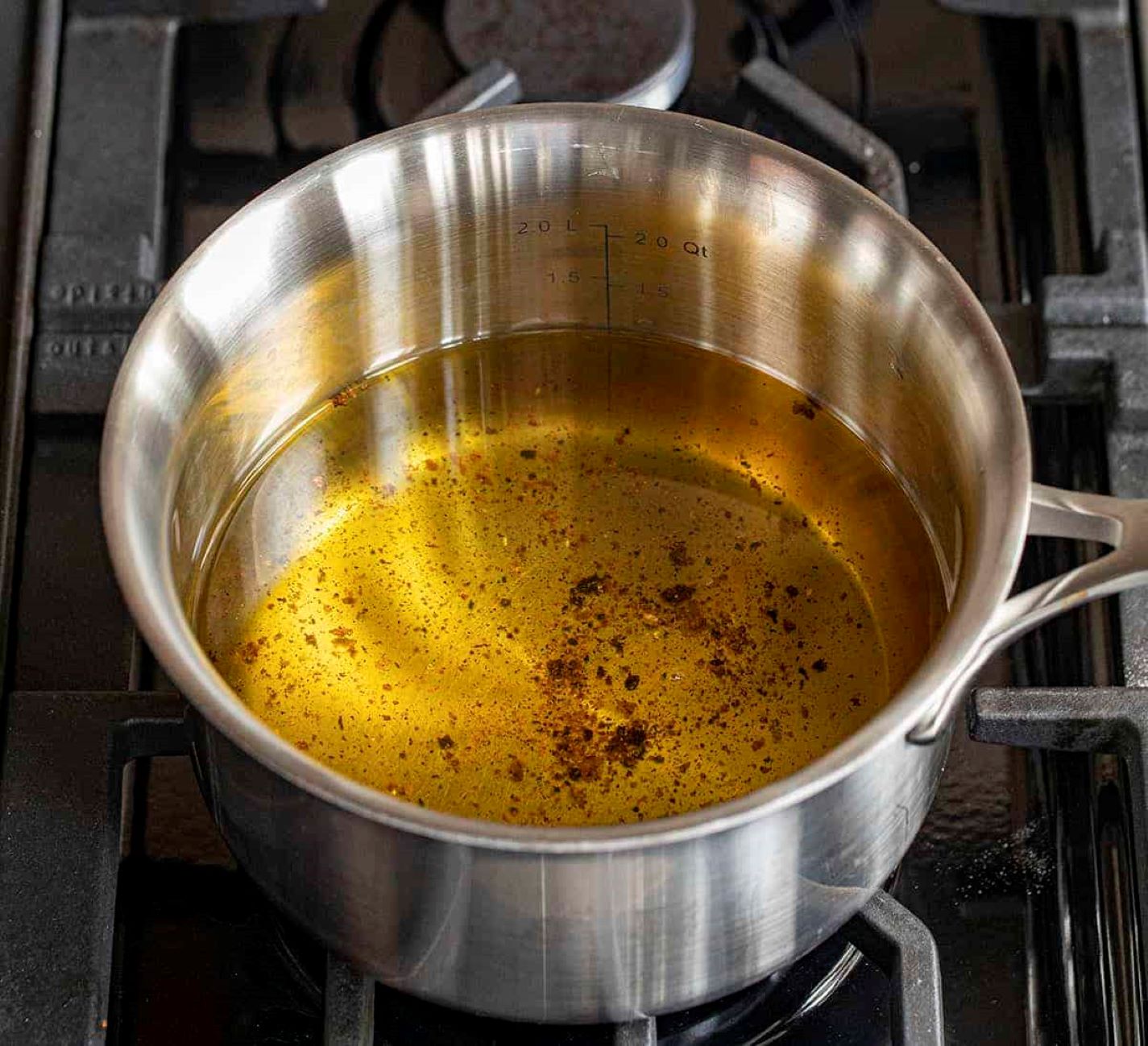

0 thoughts on “How To Store Castor Oil”